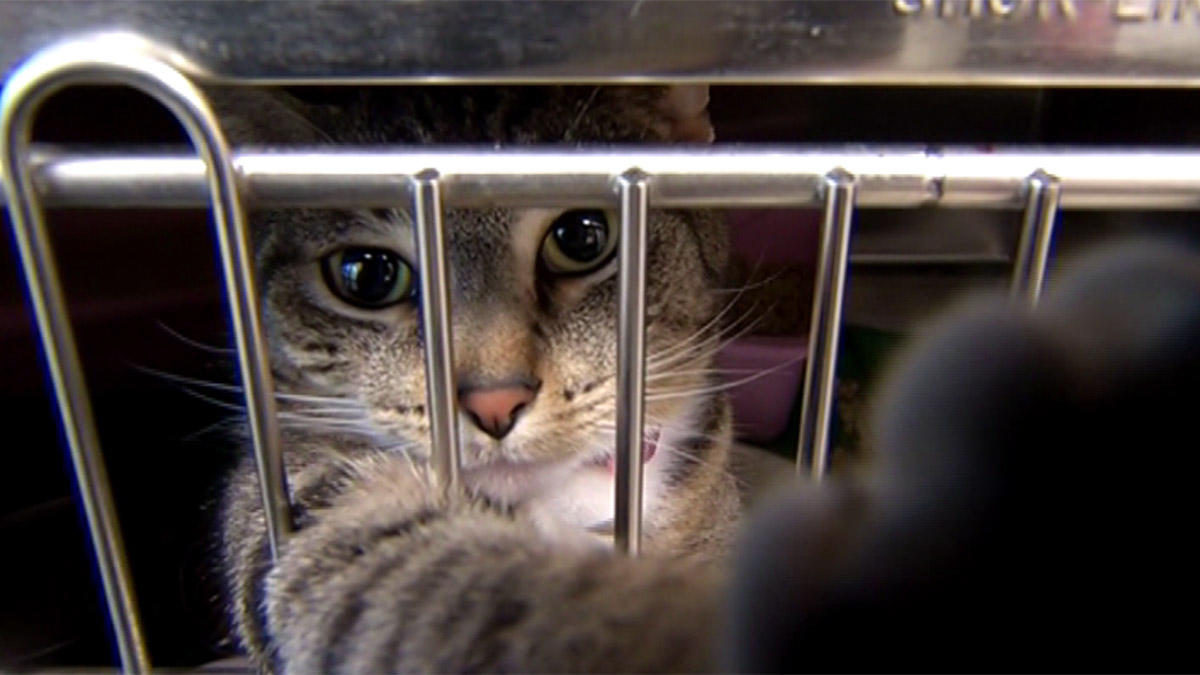
Yesterday, I posted about a court case against the Louisiana SPCA filed by a Bulldog Rescue group for the shelter’s refusal to provide information on the dogs they killed. In a victory for transparency, for the rights of the public, and for protection of animals, the Louisiana Court of Appeal ordered the Louisiana SPCA to do so.
As I noted, transparency is the hallmark of accountability as the only thing that has forced the large national groups and regressive shelters across the country to embrace positive, life-affirming changes to the way they have long operated and to reduce the sheer number of animals they have long killed is the court of public opinion.
That is why corrupt municipal governments and regressive shelter directors try to hide their mismanagement, their abuse and their killing by fighting transparency in one (or a combination) of three ways. First, they do not allow volunteers or rescuers. Why? Rescuers and volunteers witness mismanagement, abuse and killing which the No Kill movement, over the last decade in particular, has exposed as rife within the American animal sheltering industry. As the movement to end shelter killing has grown in size and sophistication, the networking made possible through the internet and social media has allowed animal lovers to connect the dots between individual cases of animal cruelty and neglect in shelters nationwide. These incidents reveal a distinct pattern. Animal abuse at local shelters is not an isolated anomaly caused by “a few bad apples.” The stunning number and severity of these cases nationwide lead to one disturbing and inescapable conclusion: our shelters are in crisis.
Quite simply, volunteers and rescuers are the eyes, ears, and conscience of the community, and they therefore present a danger to the leadership and staff at poorly, ineptly, or cruelly run shelters. No only are volunteers and rescuers likely to complain about shelter operations, but they are likely to go public with those complaints, too, exposing those shelters to public scrutiny and criticism. So some shelters try to shut them out.
Thankfully, they can’t completely do so. The public has a right to enter shelters. And they have a right to take photographs and video footage of it. Banning photography and video in public areas of our shelters is illegal because courts have determined that they are protected by the First Amendment’s guarantee of speech and press rights. In short, the public has a right to document conditions they believe are improper at institutions operating in a governmental capacity.
The second way shelters try to minimize transparency is by making volunteers and rescuers sign non-disclosure agreements or by banning them if they speak out, criticize, or complain about animals being killed or poor or abusive treatment of animals. Thankfully, both these things are also illegal and volunteers and rescuers who have been banished from shelters but fight back in court win. Why?
Complaining about inhumane conditions, abuses, or violations of law at shelters is a constitutionally protected right. A volunteer, rescuer, or any other member of the public not only has the First Amendment right to speak out against abuses and violations of law committed by a government shelter, he or she also has a constitutionally protected right to demand that the government correct the wrongs that are identified.
The last way that some shelters discourage transparency is by claiming that because they are private agencies, they are not subject to disclosure laws, even when they are operating in a publically funded capacity. Specifically, they argue that they are not subject to Public Records Acts and Freedom of Information Laws. The recent victory against the Louisiana SPCA which made this very case and lost should put that notion to rest, too.
The Court ruled that since the requirement of providing animal control services belongs to the municipality (it is, in other words, a government function) and that the LSPCA is contracting to provide those services, it is a quasi-public agency subject to the disclosure laws. As a result, its memos, e-mails, and records, including animals they have killed, are legally required to be disclosed.
In short, there are many ways shelters try to hide from the animal-loving American public what is really going on behind closed doors, but our courts have ruled time and again that such attempts are illegal. Sunlight is not only the best disinfectant against corruption; it’s the law.
Know your rights: nokilladvocacycenter.org/know-your-rights.html
————-
Have a comment? Join the discussion by clicking here.